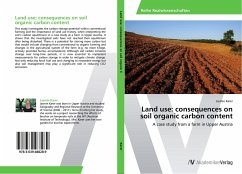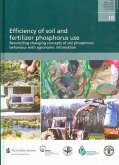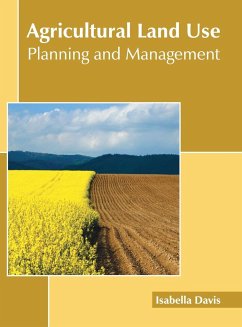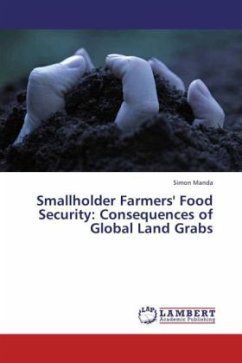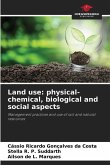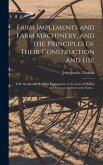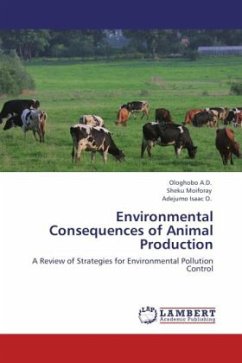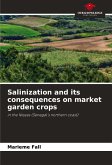This study investigates the carbon storage potential within conventional farming and the importance of land use history, when interpreting the soil s carbon equilibrium in a case study at a farm in Upper Austria. It shows that the investigated soils have not reached their equilibrium after being disturbed. There is a potential for storing more carbon but that would include changing from conventional to organic farming and changes in the agricultural system of the farm (e.g. no more tillage, actively provided humus accumulation). Although soil carbon contents change over long-time periods, it is now essential to implement measurements for carbon storage in order to mitigate climate change. Not only reducing fossil fuel use and changing to renewable energy but also soil management may play a significant role in reducing CO2 emissions.
Bitte wählen Sie Ihr Anliegen aus.
Rechnungen
Retourenschein anfordern
Bestellstatus
Storno

